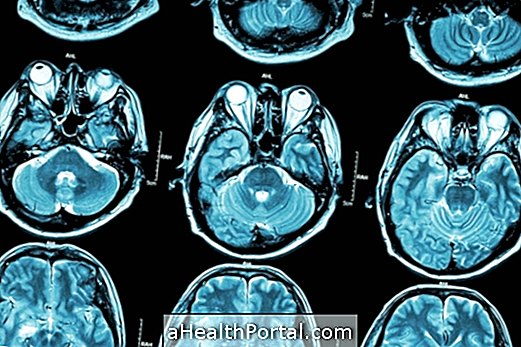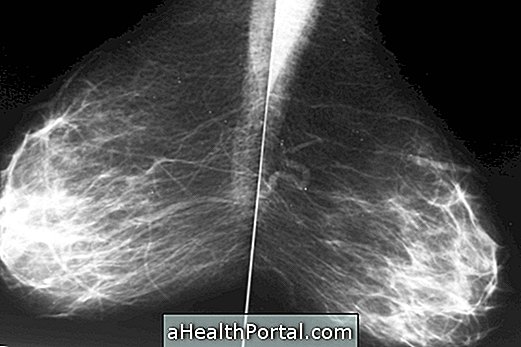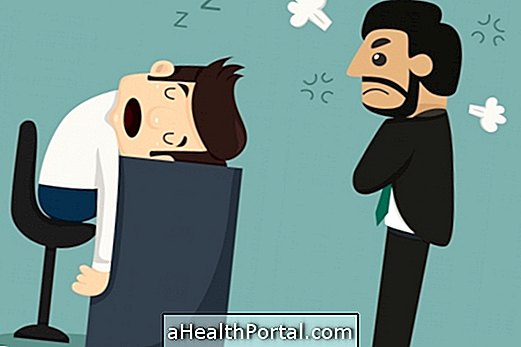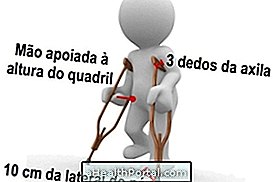Kluver-Bucy syndrome is a rare brain disorder that arises from lesions in the parietal lobes, resulting in behavioral changes related to memory, social interaction and sexual functioning.
Generally, this syndrome is caused by severe blows to the head, however, it can also happen when the parietal lobes are affected by a degenerative disease, such as Alzheimer's, tumors or by infections, such as herpes simplex.
Although Kluver-Bucy syndrome has no cure, treatment with some remedies and occupational therapy helps control symptoms, allowing you to avoid some types of behavior.

Main symptoms
The presence of all symptoms is very rare; however, in Kluver-Bucy syndrome one or more behaviors are common such as:
- Uncontrollable will to put objects in the mouth or to lick, even in public;
- Bizarre sexual behaviors with a tendency to seek pleasure with unusual objects;
- Uncontrollable ingestion of food and other inappropriate objects;
- Difficulty to show emotions;
- Inability to recognize some objects or people.
Some people may still experience memory loss and difficulty speaking or understanding what they are told.
The diagnosis of Kluvert-Bucy syndrome is performed by a neurologist, through observation of symptoms and diagnostic tests such as CT or MRI.
How is the treatment done?
There is no proven form of treatment for all cases of Kluver-Bucy syndrome, however, it is recommended that the person be assisted in their daily activities or participate in occupational therapy sessions to learn to identify and stop less appropriate behaviors, especially when it is in a public place.
Some medicines used for neurological problems, such as Carbomazepine or Clonazepam, may also be indicated by your doctor to see if they help relieve symptoms and improve quality of life.

















